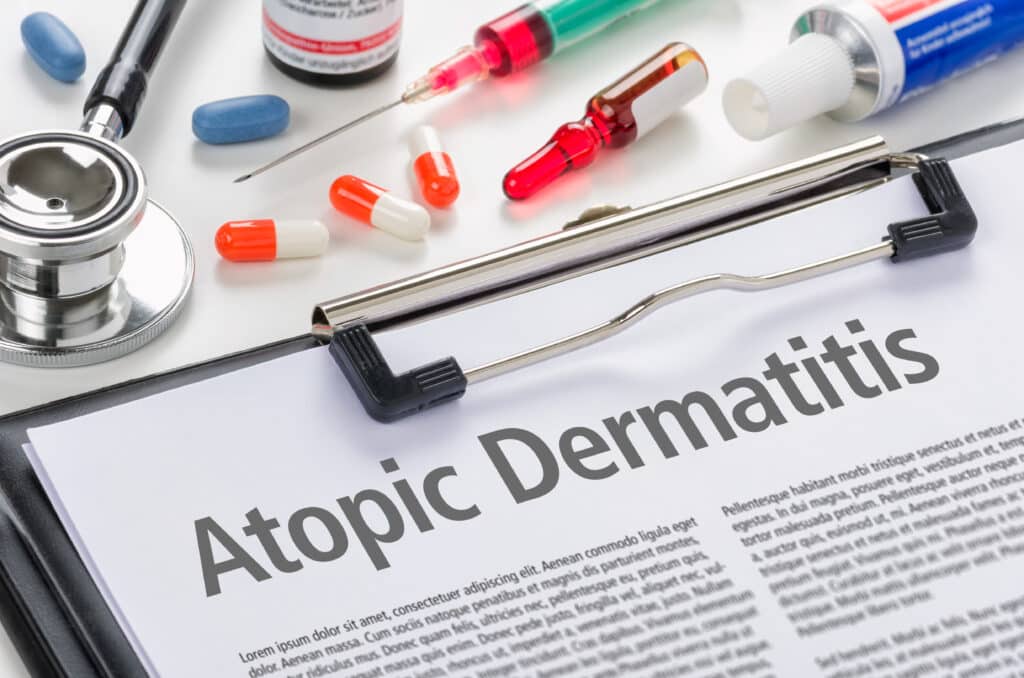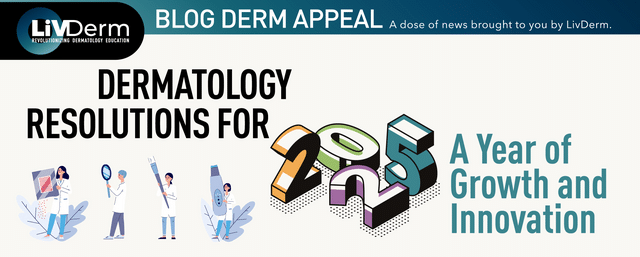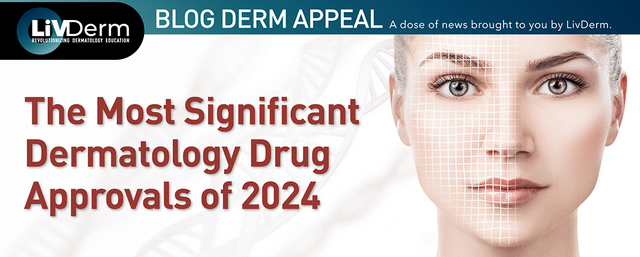
Results of a phase 3 randomized clinical trial, ECZTRA 6, demonstrated that interleukin-13–targeted treatment with tralokinumab was well tolerated and efficacious in adolescents with moderate-to-severe atopic dermatitis (AD).
The 52-week, randomized, double-blinded, placebo-controlled trial was conducted at 72 centers across 10 countries in North America, Europe, Asia, and Australia. It included patients aged 12 to 17 years with moderate to severe AD. (Investigator’s Global Assessment [IGA] score ≥3; Eczema Area and Severity Index [EASI] ≥16).
The adolescent patients were randomly assigned to either tralokinumab (150 or 300 mg) or placebo every 2 weeks for 16 weeks. Those patients with an IGA score of 0 (clear) or 1 (almost clear) and/or an EASI improvement of 75% or higher at week 16 without rescue medication, were given maintenance treatment. The remaining were switched to open-label tralokinumab 300 mg every two weeks. The patients who were receiving placebo and who met the primary endpoints at week 16 without rescue medication continued to receive blinded placebo every two weeks until the 52-week mark.
The primary endpoints at week 16 were an IGA score of 0 or 1 and/or an EASI 75 score. Secondary objectives included changes in the Children’s Dermatology Life Quality Index from baseline to week 16, changes in SCORing AD, as well as a reduction in the Adolescent Worst Pruritus Numeric Rating Scale of four or more.
The study demonstrated that more patients receiving both doses of tralokinumab (150 and 300 mg) achieved an IGA score of 0 or 1 at week 16 without rescue medication compared to placebo. Additionally, more patients receiving tralokinumab achieved EASI 75 at week 16 without rescue medication compared with placebo.
Furthermore, improvements were seen in eczema-related sleep NRS in those receiving tralokinumab compared to placebo at week 16. Patients who received tralokinumab 300 mg every 2 weeks also experienced a greater decrease in Hospital Anxiety and Depression Scale from baseline at week 16 when compared to placebo.
The study further reported that tralokinumab was well tolerated, with the majority of adverse events being mild or moderate. The most frequent adverse events included upper respiratory tract infections, disease exacerbation, injection-site reactions, asthma, and headaches.
The authors concluded that tralokinumab was effective and had a favorable benefit-to-risk profile in adolescents with moderate-to-severe AD over a 52-week period. They reported that “tralokinumab demonstrated improved symptomatic and psychosocial aspects of AD in adolescents, including itch, sleep, anxiety and depression, and overall quality of life”.















